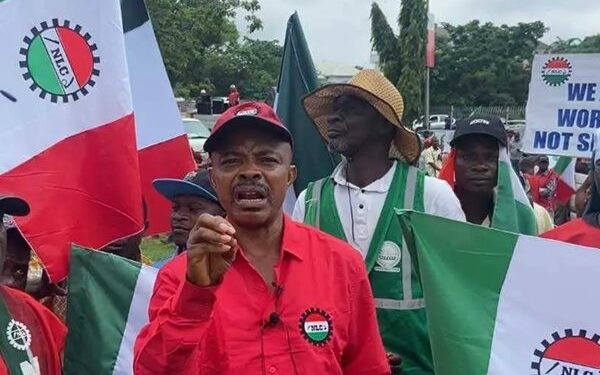Oil marketers are eagerly awaiting the pricing announcement for Premium Motor Spirit (PMS), commonly known as petrol, from the newly operational Dangote Petroleum Refinery. The refinery, launched on Tuesday in Lagos’ Lekki Free Trade Zone, has begun producing petrol. However, only the Nigerian National Petroleum Company Limited (NNPC) will currently be permitted to lift the product.
Despite the start of production at the $20 billion refinery, independent petrol marketers, represented by the Independent Petroleum Marketers Association of Nigeria (IPMAN), have yet to receive information on the new petrol pricing. IPMAN’s National Publicity Secretary, Ukadike Chinedu, expressed surprise that NNPC was given exclusive rights to lift the product, as this could limit market competition.
The petrol price at NNPC retail stations has already surged, with rates reaching as high as N1,200 per litre in some regions, following NNPC’s decision to raise pump prices. This increase has sparked panic buying and long queues at filling stations, particularly in Lagos, where the few stations selling petrol experienced significant traffic congestion.
Reports indicate that prices vary by location, with some stations in Lagos selling petrol for N855 per litre, while others in Ogun State have hit N1,000 per litre. The situation has caused widespread tension among motorists, with many rushing to secure fuel before prices rise further.
The Dangote Refinery has committed to supplying 25 million litres of petrol daily by September, increasing to 30 million litres in October. The Nigerian Midstream and Downstream Petroleum Regulatory Authority (NMDPRA) confirmed that an agreement has been reached with NNPC for the supply of crude oil to the refinery in local currency.
As the country braces for the full impact of these changes, the Organised Private Sector (OPS) has warned that the rising petrol prices could trigger another wave of inflation, putting further strain on Nigerian households and businesses. The Nigerian Association of Small-Scale Industrialists (NASSI) also voiced concerns about the government’s inconsistent policies regarding fuel subsidies, which have added to the uncertainty in the market.
Labour groups are now demanding a reversal of the price hike, and discussions are expected to take place in the coming days to address the growing discontent among Nigerians.
























